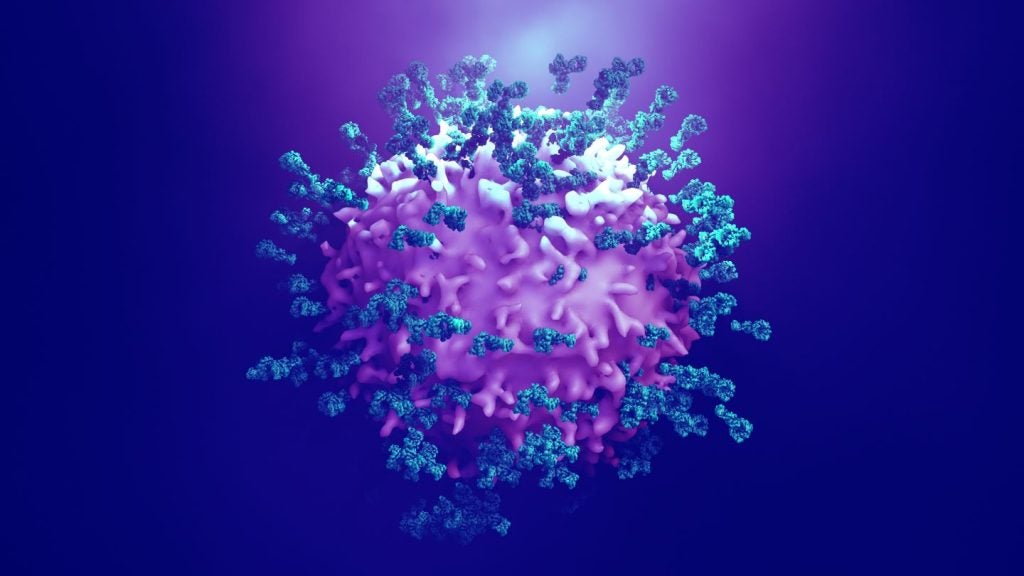Chinese biopharmaceutical company Antengene has dosed the first subject in its Phase I PERFORM clinical trial of anti-CD24 monoclonal antibody, ATG-031, to treat advanced solid tumour or B-cell non-Hodgkin’s lymphoma (B-NHL) patients.
In May this year, the company obtained US Food and Drug Administration clearance for a new drug application (NDA) to begin the Phase I trial of ATG-031.
As part of the trial, the first patient has received the treatment at The University of Texas MD Anderson Cancer Center, a lead site of the trial.
Three other sites in the US are part of the trial, which aims to analyse the tolerability and safety of ATG-031 as a single agent while determining the suitable dose of ATG-031 for Phase II studies.
The trial will also evaluate the antibody's initial efficacy, pharmacology and immunogenicity as its secondary objectives.
Discovered and developed by Antengene, ATG-031 is claimed to be the first ever anti-CD24 antibody to advance to the clinic in oncology.
Antengene chief medical officer Dr Amily Zhang said: “CD24 is a target with great potential in regulating macrophage activities in the tumour environment.
“Supported by the striking preclinical efficacy demonstrated by blocking CD24 in preclinical studies and a promising preclinical safety profile based on CD24’s limited expression in normal tissue, Antengene has quickly initiated the PERFORM study in the US to further assess the safety and tolerability of ATG-031 in late-stage cancer patients.
“Moving forward, we will continue to work closely with investigators at MD Anderson and three other clinical trial centres in the US to bring clinical benefit to more patients as soon as possible.”
Based in Shanghai, Antengene focuses on developing therapies for the treatment of haematologic malignancies and solid tumours.
The company's pipeline includes nine oncology assets that are currently in various stages of development, from clinical to commercial.









